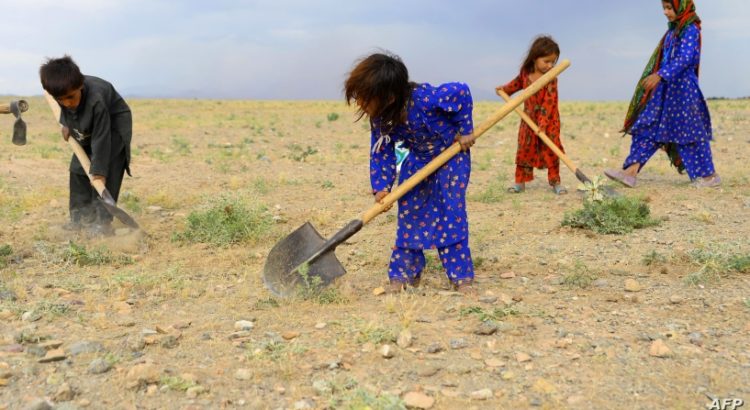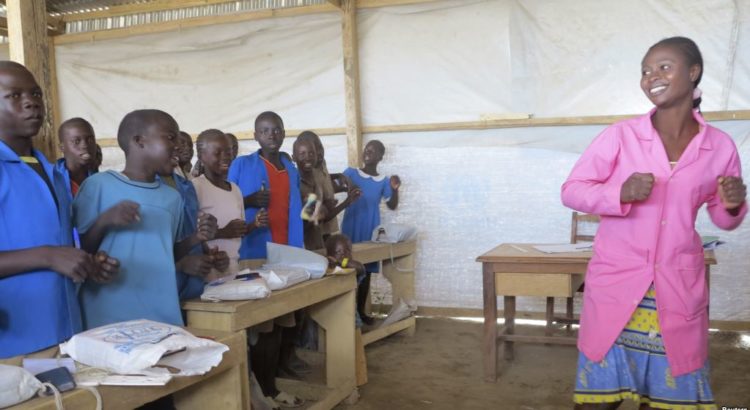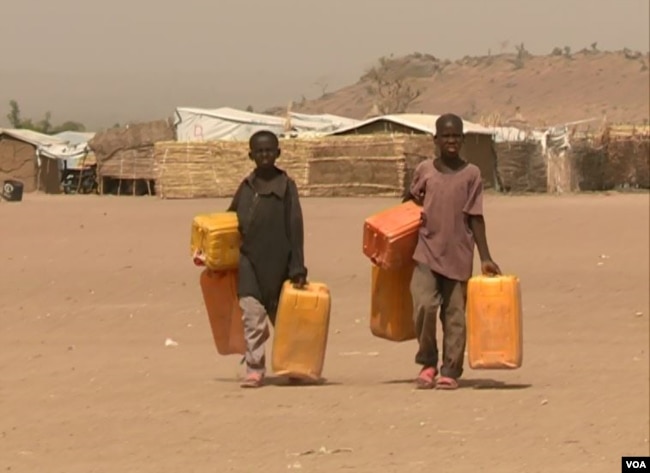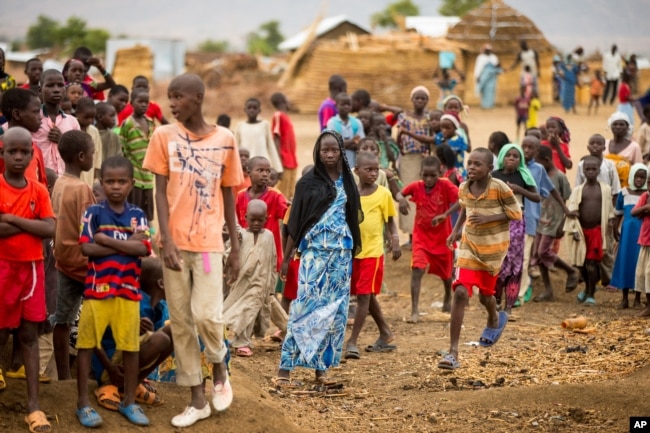Africa/ Cameroon/ 02.09.2019/ Source: www.voanews.com.
A global fund for education in emergencies is seeking $1.8 billion by 2021 to provide schooling for nine million children and youths caught in conflict and other situations of crisis. The fund, called Education Cannot Wait was set up at the World Humanitarian Summit in 2016 to provide education for children deprived of this opportunity.
The Fund has raised $500 million since it began operating in 2017. In its first two years, it has provided emergency education for more than 1.5 million young people caught in armed conflict, forced displacement, natural disasters and other crises in 29 countries.
Director of Education Cannot Wait, Yasmine Sherif, said significant investments are being made in the Sahel, in countries such as Burkina Faso and Niger where the needs are among the greatest on earth. She said children in Cameroon have not gone to school for two years as a part of a tactic of war.
She told VOA education is specifically designed to deal with the suffering experienced by children caught in armed conflict, all of whom are seriously traumatized.
«So, quality education requires mental health and psycho-social services. That is number one. And, that is one of our absolute top priorities…Two. It requires inclusiveness and gender equality to ensure that every girl is put at the forefront, that they are not left the furthest behind of all those left furthest behind,» she said.
Sherif said the fund is working with the Government of Afghanistan to bring girls back to school. She said displaced children in Democratic Republic of Congo are being provided with an education now, so they do not have to wait until the conflict ends.
A recent report by the U.N. refugee agency finds half of the more than seven million refugee children in the world do not go to school. Sherif said almost 50 percent of the fund’s beneficiaries are girls. She said 46 percent are refugees and displaced youngsters and 14,000 are children with disabilities.
She said children who go to school are inoculated against many dangers. She said those who do not have access to education, are at high risk of exploitation and abuse, sexual violence, early marriage and pregnancies, and forced recruitment by armed groups.
Fuente de la noticia: https://www.voanews.com/europe/funding-sought-emergency-education-millions-children-crisis











 Users Today : 63
Users Today : 63 Total Users : 35460194
Total Users : 35460194 Views Today : 89
Views Today : 89 Total views : 3418872
Total views : 3418872